September 23rd, 2022, Starling Hotel, EPFL The Federal Council described cyberattacks as “a serious threat for Switzerland’s security and economy” and proposed a law for a reporting obligation for cyberattacks on critical infrastructures in its press release of January 12th 2022. These reports should allow the National Cybersecurity Centre (NCSC) to assess the threat situation (…)
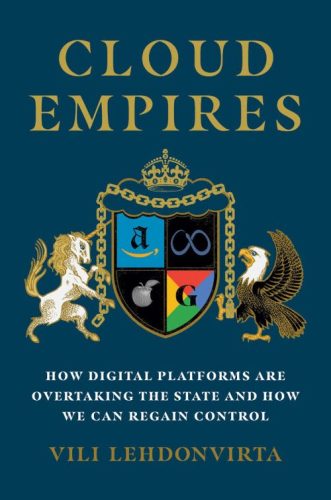
This installment of C4DT’s Digital Governance Book Review focuses on Vili Lehdonvirta’s 2022 book Cloud Empires. How Digital Platforms are Overtaking the State and how we can Regain Control Cambridge, Massachusetts: The MIT Press, 283 pages.
An acutely current and fascinating analysis of the adverse effects digital platforms have on our societies.

The revamped course “Foundations of ICT and Digital Trust for Decision Makers” becomes a catalyst for responsible digital transformation. The 7th edition of this course took place throughout the week of October 31, 2022, in collaboration with the Fondation Lombard Odier.
Some time ago I read the developer skill matrix and thought it was very interesting. I put it in the infamous “Read later” bookmark folder, and actually came back to it! So last Monday, during our regular group catchup time, I presented this page. In fact every week one of us three engineers presents something (…)
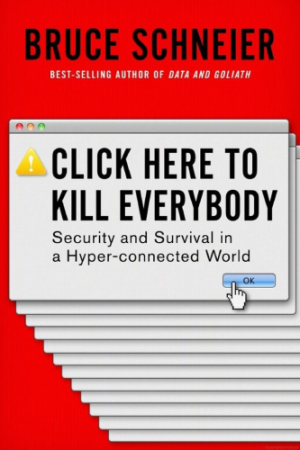
This installment of C4DT’s Digital Governance Book Review focuses on Bruce Schneier’s 2018 Click Here to Kill Everybody. Security and Survival in a Hyper-connected World New York; London: W.W. Norton & Company, 319 pages.
A must-read for anyone interested in the mounting cyber security challenges posed by the rapid growth of IoT-devices.
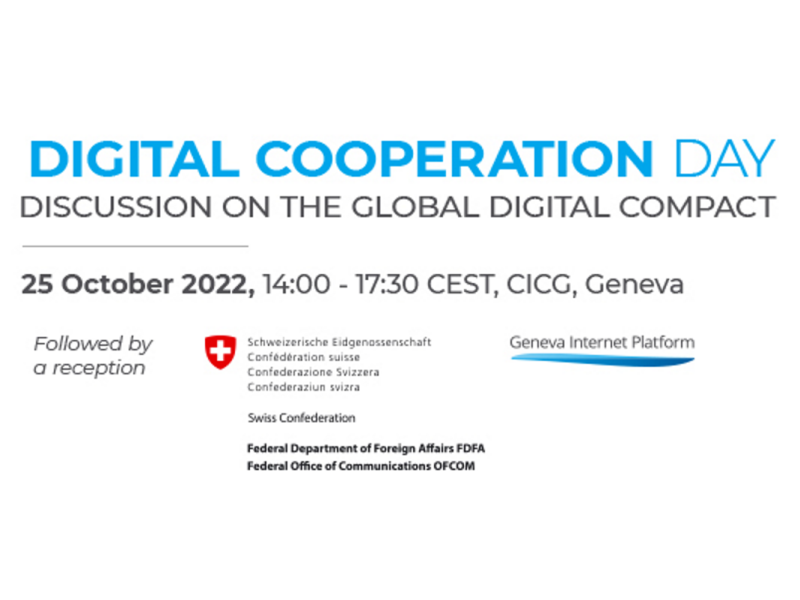
On the Digital Cooperation Day, the Geneva Internet Platform (GIP) will present the findings of the second edition of the Geneva Digital Atlas which maps overall digital developments in International Geneva. Based on this mapping, the discussion will be conducted with the UN Secretary-General’s envoy on technology (a key catalyst of the process towards the GDC) on priority policy questions for actors in Geneva. The discussion will include answers that the vibrant Geneva scene can provide to the global community.
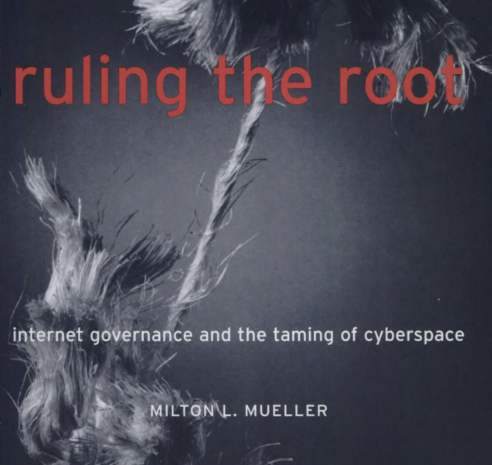
With the discussion of this book, the C4DT begins a new publication series, the Digital Governance Book Review: Hereafter, every month, we will summarize and contextualize a book we consider relevant. The book will be either a classic, whose lessons are worth recalling, or a new publication our readers should become aware of. Over the next two years, we plan to present approximately 25 books that we think will help our readers understand the essence of digitalization.
We begin the series with the now classic 2002 book by Milton Mueller Ruling the Root. Internet Governance and the Taming of Cyberspace. Cambridge, Mass.: MIT Press, 317 pages.
For our weekly meeting-presentation I took the stackoverflow-stats from 2022. Then with the team we went through it and discussed the different statistics. First I thought we’ll get bored quickly, but after 1h30 I had to push the meeting to other subjects. So here are some things we found: Developer Profile Learning how to code: (…)
Have you ever tried using ssh on a train? Or closed your laptop and found that all of your remote session are now frozen? Or using it via a crowded antenna tower? In all theses cases, ssh fails to work as expected. This is due to the fact that common ssh connections are transported via (…)
One of the most well-known framework to create cross-platform apps is Electron. In it you write your app in Javascript or Typescript. This code runs in a node environment and the GUI is displayed in a browser. Like this, the app can be ported easily to different operating systems. Even mobile systems are supported. One (…)
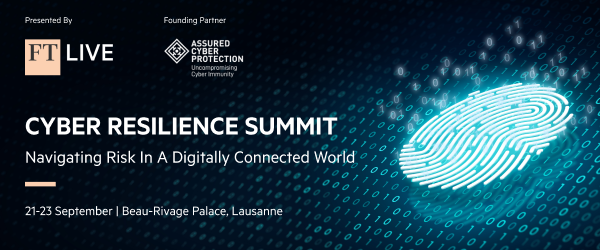
Public and private institutions around the world are facing imminent risk of cyber assault threatening national security, critical assets and business continuity. Now, more than ever, building cyber resilience is an urgent priority for leaders in business and government.
The exclusive gathering will unite CEOs, board members, and government to discuss strategies for overcoming new cyber threats.
The conversation around cyber risk and business resiliency will address cyber security as a strategic business issue as opposed to just an operational one.
Recently, deep neural networks have been applied in many different domains due to their significant performance. However, it has been shown that these models are highly vulnerable to adversarial examples. Adversarial examples are slightly different from the original input but can mislead the target model to generate wrong outputs. Various methods have been proposed to craft these examples in image data. However, these methods are not readily applicable to Natural Language Processing (NLP). In this project, we aim to propose methods to generate adversarial examples for NLP models such as neural machine translation models in different languages. Moreover, through adversarial attacks, we mean to analyze the vulnerability and interpretability of these models.
A fast and efficient blockchain created by the lab of prof. Bryan Ford.
As we all know, writing tests when developing software is very important¹. Indeed, most modern programming environments have frameworks to write and run tests, sometimes even in the standard tooling: pytest for Python, cargo test for Rust, go test for Go, etc. Let’s set aside the actual writing of the tests themselves for a moment, (…)
In response to the COVID-19 disease that has stormed the world since early 2020, many countries launched initiatives seeking to help contact tracing by leveraging the mobile devices people carry with them. The Federal Office of Public Health (FOPH) commissioned the effort for Switzerland, which resulted in the official SwissCovid application and infrastructure. This document (…)
I’m still working on my fledger project. It’s goal is to create a node for a decentralized system directly in the browser. For this I want the following: Works in the browser or with a CLI: have a common codebase but use different network implementations Direct browser to browser communication: use the WebRTC protocol for (…)
The objective of the TMM project is to identify, at an early stage, the risks associated with new technologies and develop solutions to ward off such threats. It also aims to assess existing products and applications to pinpoint vulnerabilities. In that process, artificial intelligence and machine learning will play an important part. The main goal of this project is to automatically identify technology offerings of Swiss companies especially in the cyber security domain. This also includes identifying key stakeholders in these companies, possible patents, published scientific papers.
Lightarti is a mobile library developed in Rust, in collaboration with the SPRING lab at EPFL, the Tor team, and the original Arti library team.
![[FR] Avis en ligne: souriez, vous êtes manipulé !](https://c4dt.epfl.ch/wp-content/uploads/2022/04/Screenshot-2022-04-30-at-11.27.29.png)
C’est devenu un réflexe: avant de réserver un hôtel ou un restaurant sur Internet, on se précipite sur les avis des utilisateurs pour évaluer la qualité de l’établissement. Si les avis sont élogieux, on réserve dans la foulée. S’ils sont désastreux, on passe son chemin et on réservera le restaurant d’à côté….mais ces avis sont-ils crédibles ? S’agit-il seulement de vrais consommateurs ? Les plateformes de réservation contrôlent-elles la véracité des avis ? La réponse à ces questions est catégorique: absolument pas ! ABE a tenté une expérience spectaculaire qui prouve qu’on peut très facilement manipuler les avis des utilisateurs.
Disco is a framework to implement machine learning algorithms that run in a browser. This allows testing new privacy-preserving decentralized ML algorithms.
The problem Here is a common scenario we have all run into: you need to communicate some piece of secret information, say a password, to another person. Perhaps it’s on-boarding a new colleague, or to allow access for a partner. But you don’t want to compromise this secret by transmitting it over an insecure channel, (…)
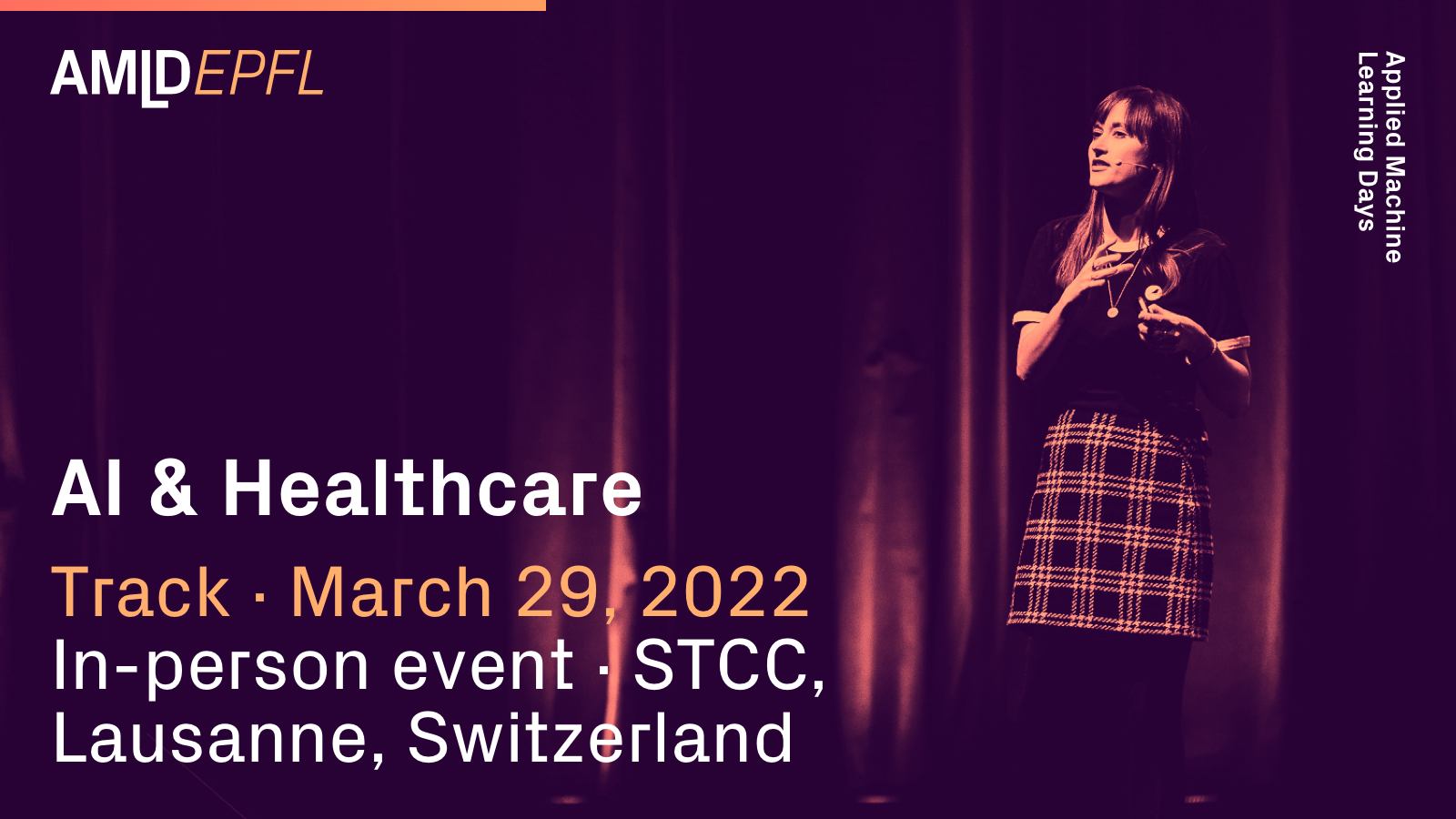
The track “AI & Healthcare” aims at bringing together researchers from academia, public health, start-ups and industry to share experiences and best practices, to jointly discuss the potential of AI in the transformation of healthcare towards a trustworthy system with improved patient and society outcomes.
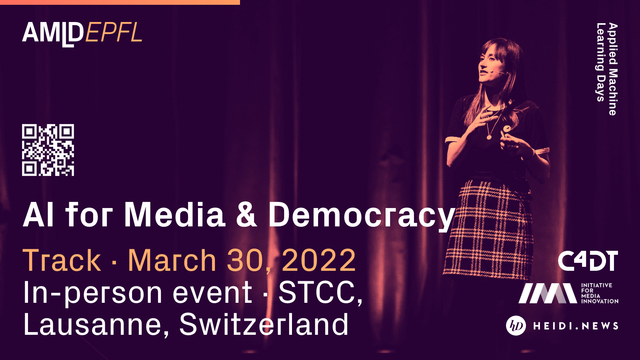
By joining forces, C4DT and IMI aim to offer a track dedicated to societal issues related to information and technology, at the intersection between media and trust in the digital world.
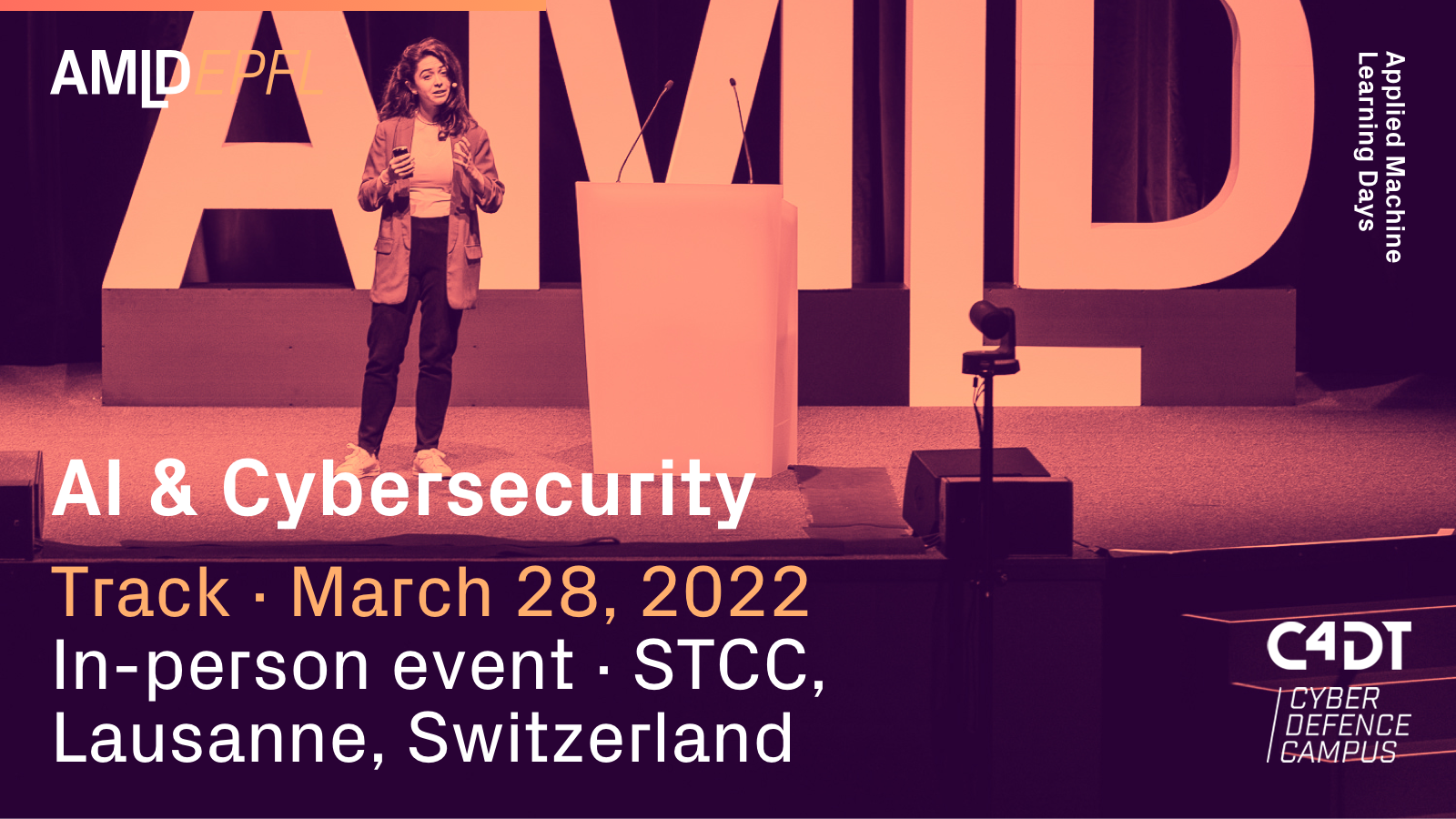
In this track, we explore the role of AI for cybersecurity – its blessing and its curse – and how the private sector, government and academia should collaborate to reduce the threat landscape of AI systems as well as to isolate them with safeguard mechanisms that make it easy to shut down if things start to go wrong.






![[FR] Avis en ligne: souriez, vous êtes manipulé !](https://c4dt.epfl.ch/wp-content/uploads/2022/04/Screenshot-2022-04-30-at-11.27.29.png)


